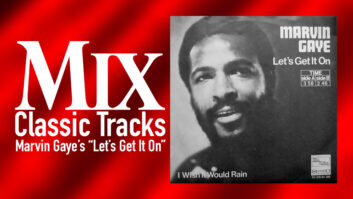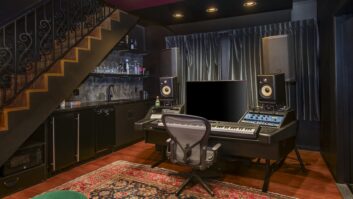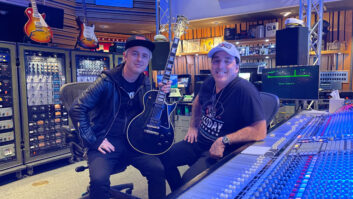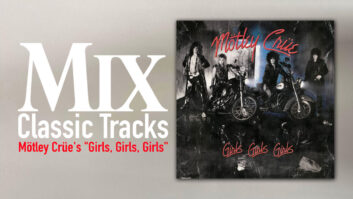Lately, the pro audio community has been abuzz about the closing of key major recording studios across the country. In a matter of weeks, the news was out about the Hit Factory N.Y., Muscle Shoals, Cello and The Enterprise all reportedly closing their doors, and Royaltone being sold to Linda Perry for in-house production. Meanwhile, articles appearing in the mainstream press speculated on the end of the industry. Given the changes in technology, record companies and the economy in general, the business climate for commercial studios is hardly rosy, but before we call the undertaker, let’s examine the situation.
Real estate is a major factor in the recording market. Studios in urban centers face enormous pressure from rising rents. In the early ’90s, one of New York’s most famous rooms, RCA Studio B, was closed despite a campaign to make it an historic landmark; the owner sold the building. As they say, “Location is everything,” and in a rising market, a studio space’s land value can far exceed its business value, as in the case of the Hit Factory. The effect is not limited to the U.S.: I’m sure EMI Records’ accountants would love to put Abbey Road on the auction block as the facility is located in perhaps London’s priciest real estate section.
Muscle Shoals is a different case. Its out-of-the-way locale that took advantage of the scenic beauty of rural Alabama, combined with the hottest rhythm section anywhere, attracted top bands worldwide in search of that “Muscle Shoals sound.” But ever-smaller (or nonexistent) recording budgets and a move toward sampled sounds — rather than the real thing — eventually took their toll on this legendary facility.
Technology has brought new ways of working. Mix‘s film sound editor Larry Blake works on a Pro Tools rig in a small New Orleans studio mixing feature films, such as the recent Ocean’s 12. Meanwhile, the film’s director Steven Soderbergh has opted for the more personal ease of editing on Apple’s Final Cut Pro. But the rise of personal studios doesn’t mean the end of commercial facilities. Studios can prosper by serving niche markets: As one example, the audio industry in Vancouver has developed a steady stream of work in ADR and dubbing for English-language versions of Japanese anime releases — a market that’s seen substantial growth.
In many ways, studios are no different than other businesses and subject to similar market conditions. When there are more studios (or Chinese restaurant/muffler shop/gas stations) than the population can support, a falling out is inevitable. This happened in Nashville a few years ago; perhaps this is what’s happening now in other areas.
Like the closing of a grand movie palace, the loss of any studio is a sad event, particularly when the facility is filled with memories and histories of classic recordings. But if there is any upside to such events, it could be an increase in business for nearby facilities as clients look for new rooms in which to work. And with a finite number of client bookings available, hopefully the passing of one facility can improve the health of the remaining herd.







